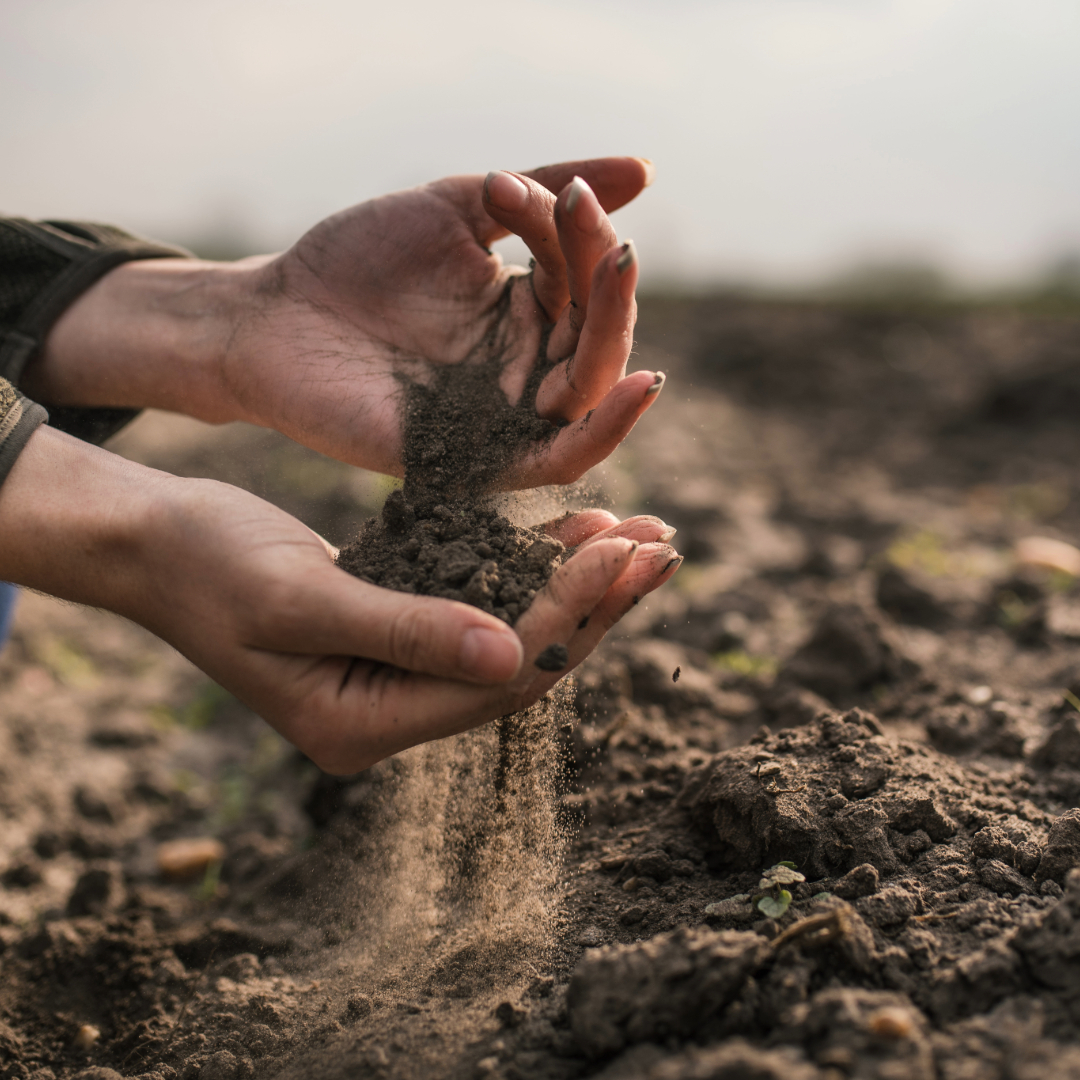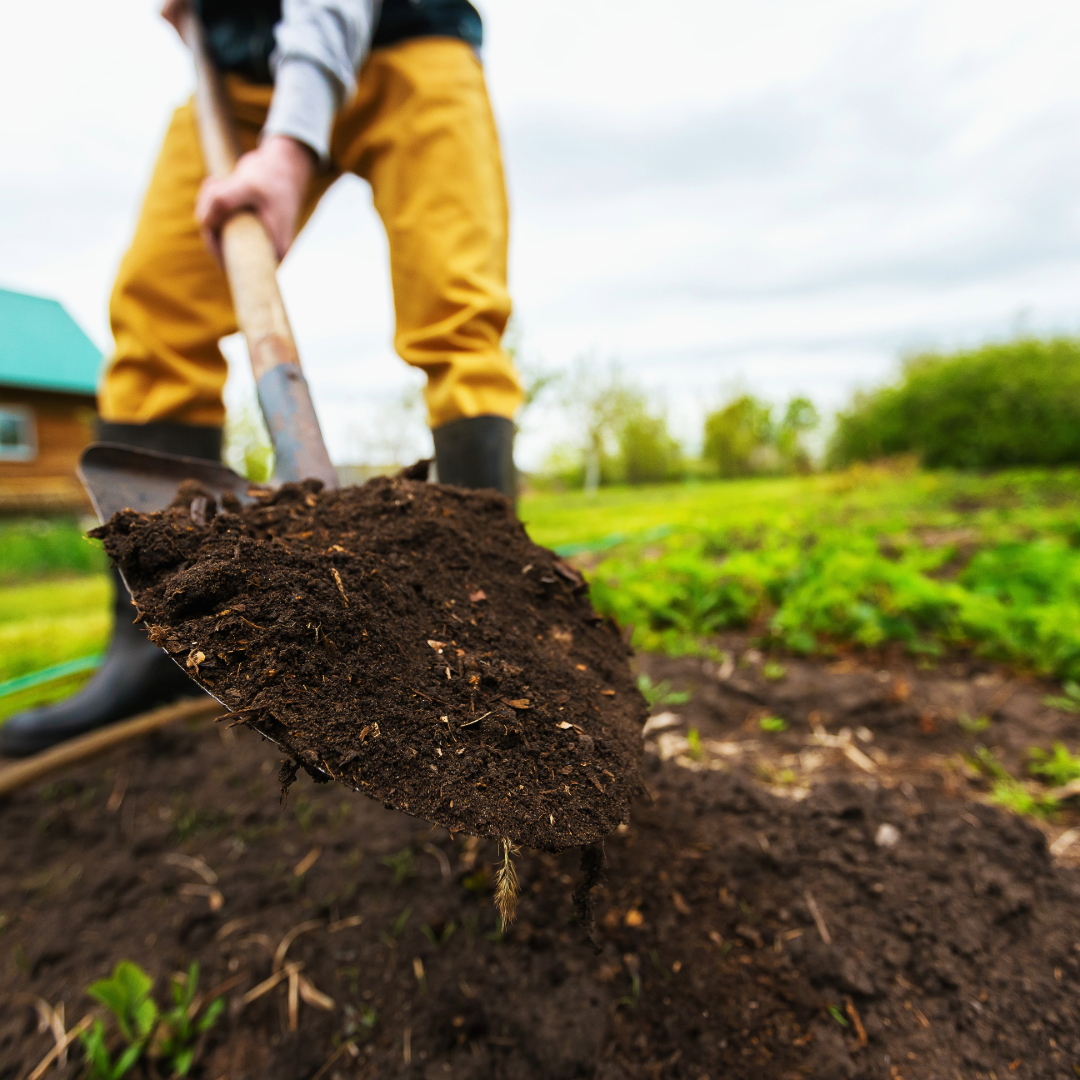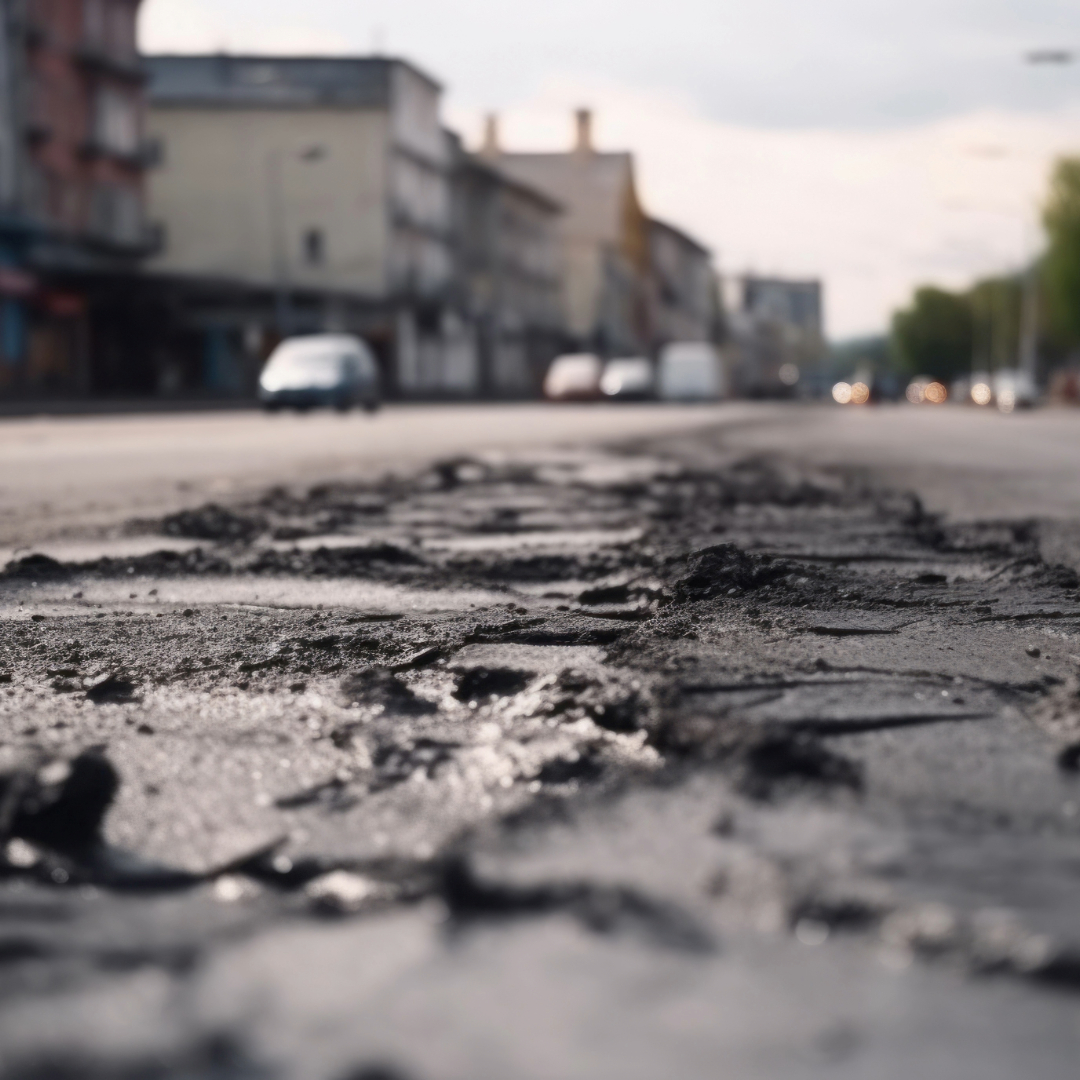When you embark on a construction project, one of the most critical steps is site preparation. A significant part of soil preparation involves understanding the soil type on your construction site. Soil type can greatly influence the success and longevity of your construction project. Here we will explore how different soil types can impact your construction project and what you need to know to make informed decisions.
What is Soil?
Soil is a natural resource composed of minerals, organic matter, water, and air. It forms the top layer of the Earth's surface and supports plant life. For construction purposes, soil is classified based on its physical and chemical properties.
Common Soil Types
Clay Soil: Known for its fine particles, clay soil retains water and can become very sticky when wet. It can expand and contract significantly with changes in moisture content.
Sandy Soil: Sandy soil has larger particles and drains quickly. It does not retain water well and can be loose and unstable.
Silty Soil: Silt particles are smaller than sand but larger than clay. Silty soil retains moisture better than sandy soil but can also become compacted.
Peaty Soil: Peaty soil is rich in organic matter and can hold a lot of water. It is often dark in color and can be very soft.
Loamy Soil: Loamy soil is a balanced mixture of sand, silt, and clay. It is considered ideal for most plants and construction projects due to its balanced properties.
Chalky Soil: Chalky soil contains calcium carbonate or lime. It can be very alkaline and may require special treatment for certain plants.

How Soil Type Affects Construction
Foundation Stability: The stability of your building's foundation heavily depends on the type of soil present at your construction site.
Clay Soil: The expansion and contraction of clay soil can cause foundations to shift, leading to cracks and structural damage.
Sandy Soil: While it drains well, sandy soil can be too loose, requiring additional compaction to support a foundation.
Silty Soil: This type of soil can hold moisture, leading to potential issues with erosion and stability.
Peaty Soil: Due to its high organic content, peaty soil can compress over time, leading to settling issues.
Loamy Soil: Loamy soil is generally stable and provides a good foundation for building.
Chalky Soil: This soil type can be stable but may require special considerations due to its alkalinity.
Each Construction Site is Unique
Construction sites each have different soil layers and drainage considerations. Proper drainage is essential to prevent water accumulation around your building's foundation, which can lead to structural issues.
Clay Soil: Poor drainage can lead to waterlogging, causing the soil to expand and put pressure on the foundation.
Sandy Soil: Excellent drainage properties but may require frequent watering for landscaping.
Silty Soil: Moderate drainage but can become compacted, affecting water flow.
Peaty Soil: High water retention can lead to waterlogging and decay of organic matter.
Loamy Soil: Good drainage properties, making it ideal for most construction projects.
Chalky Soil: Generally good drainage but may require pH adjustments for landscaping.
Erosion Control
Erosion can undermine the integrity of your construction site, leading to long-term issues.
Clay Soil: Less prone to erosion but can become very slippery when wet.
Sandy Soil: Highly prone to erosion due to its loose particles.
Silty Soil: Can be prone to erosion, especially when compacted and exposed to water flow.
Peaty Soil: Can be prone to erosion due to its soft nature.
Loamy Soil: Balanced properties make it less prone to severe erosion.
Chalky Soil: Generally stable but can be affected by erosion if not managed properly.

Site Preparation Tips
Soil Testing
Before starting any construction project, it's crucial to conduct a soil test to understand the type and characteristics of the soil at your site. Soil testing can reveal important information about soil composition, pH levels, and drainage properties.
Proper Compaction
Properly compacting the soil is essential for creating a stable base for your construction project. Different soil types require different compaction techniques. For example, sandy soils may need more compaction effort compared to clay soils.
Drainage Solutions
Implementing effective drainage solutions is vital to prevent water accumulation and potential damage to your foundation. This may include installing drainage tiles, creating slopes to divert water, and using permeable materials for landscaping.
Erosion Control Measures
To prevent erosion, consider using erosion control measures such as retaining walls, terracing, and planting ground cover. These measures can help stabilize the soil and prevent it from washing away during heavy rains.
Professional Consultation
Consulting with a geotechnical engineer or soil expert can provide valuable insights and recommendations for your specific construction project. These professionals can help you understand the soil conditions and suggest appropriate measures to ensure the stability and longevity of your building.
The Path Forward
Understanding the type of soil at your construction site is crucial for the success of your project. Different soil types have unique properties that can impact foundation stability, drainage, and erosion control. By conducting thorough soil testing, implementing proper site preparation techniques, and seeking professional advice, you can ensure that your construction project stands on solid ground.
Bolson Engineering and Environmental Services is passionate about development. We have had the opportunity to design, rezone and project manage some awesome commercial projects across Alberta. Have a vision? Let us engineer your ideas. Contact us.

